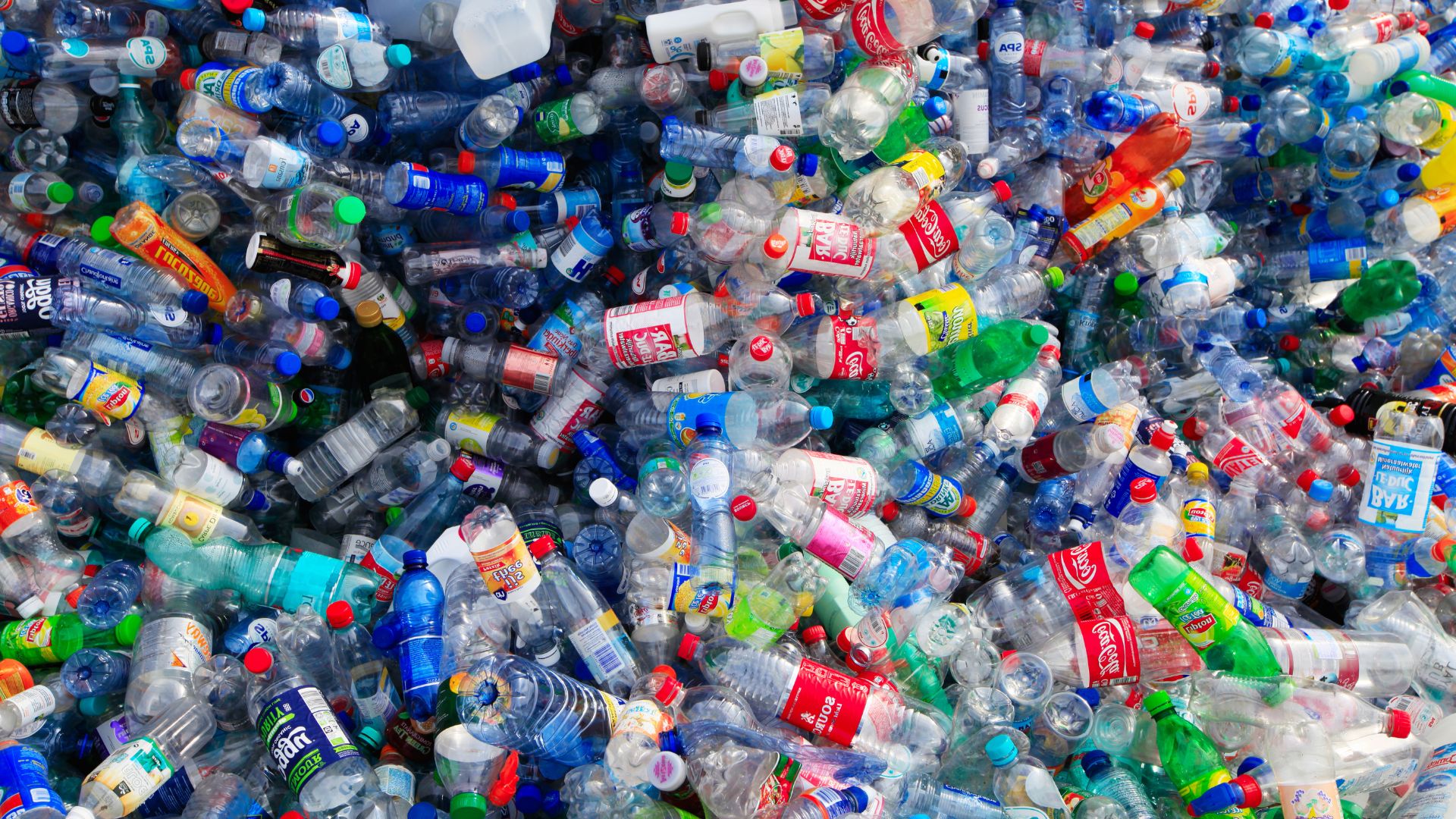Re-using water bottles has become popular as people look for ways to save money and reduce waste. However, while it may seem like a simple solution, there is growing concern that reusing water bottles can be dangerous. This article investigates the potential risks of reusing plastic water bottles and what you should consider before doing so.
Plastic water bottles are often used once and thrown away, creating an alarming amount of waste. As such, some people have started reusing them to reduce their negative environmental impact.
But there are several health concerns associated with reusing plastic water bottles that should not be overlooked. Studies have shown that when exposed to heat or sunlight, chemicals from the plastic can leach into the liquid inside the bottle, which can be ingested if consumed.
Health Hazards
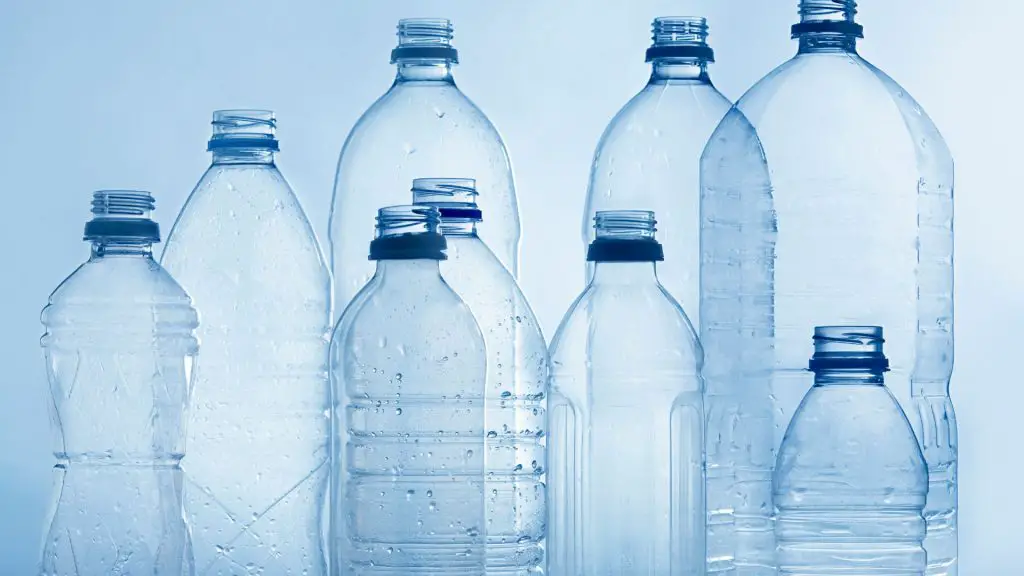
Many of us are guilty of reusing our water bottles daily; however, it is essential to be aware of the potential health risks associated with doing so. Reusing plastic water bottles can expose you to harmful chemicals that may potentially cause long-term health problems. Bisphenol A (BPA) is a chemical found in polycarbonate plastic that has been linked to numerous health issues, including infertility, obesity, and various forms of cancer. Additionally, bacteria can accumulate in your bottle over time if not properly cleaned and sanitized, which could lead to dangerous infections like salmonella.
We must take the necessary steps to ensure our safety when using any reusable container.
Microorganisms in Reused Bottles
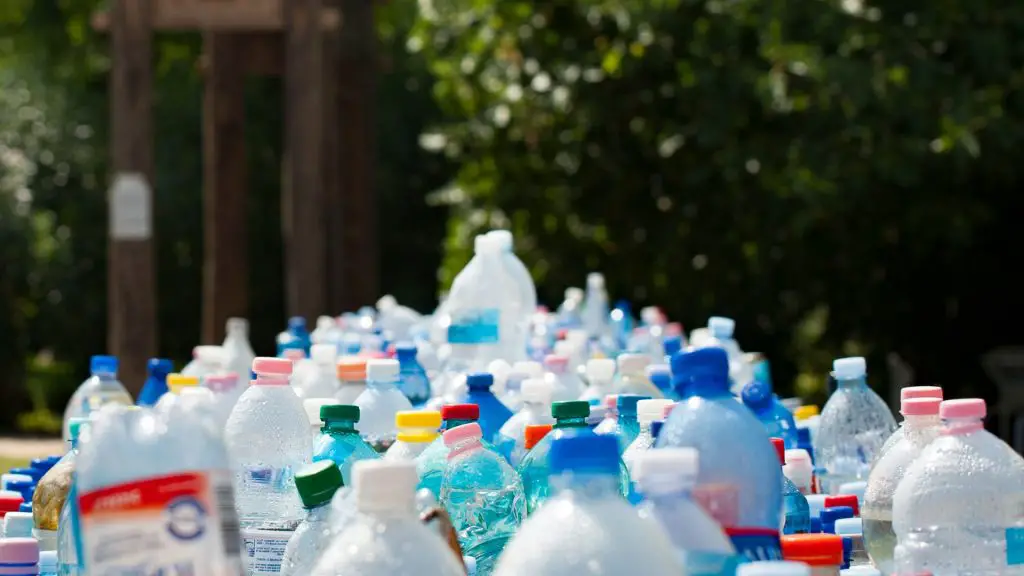
Re-using water bottles can be a great way to save money and reduce your environmental footprint, but the benefits come with potentially dangerous risks. Microorganisms in reused bottles are becoming increasingly concerning for public health researchers. According to a recent study conducted by a team of scientists from the University of Arizona, microorganisms such as bacteria and fungi can quickly grow on the surfaces of these containers over time.
In addition to being exposed to potential pathogens, such as E. coli and salmonella, reusing plastic water bottles may also expose people to harmful chemicals within them due to their repeated contact with human saliva and other substances. This is especially true if they are not cleaned properly or frequently enough. This includes possible allergic reactions or even more severe illnesses associated with long-term exposure.
Risk of Contaminants
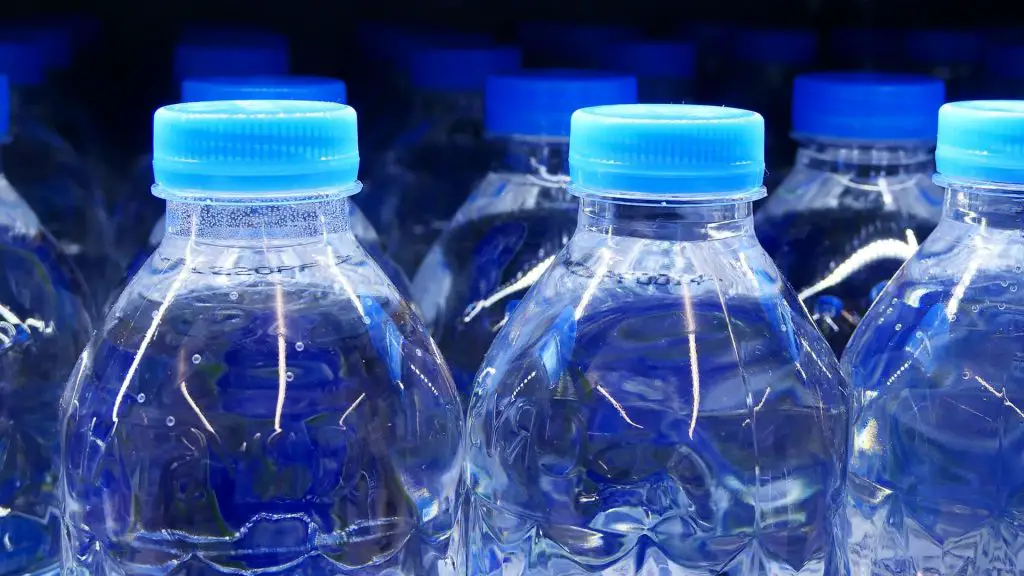
Re-using water bottles is a great way to save time and money, but it comes with the potential risk of contaminants. Every day, billions rely on reused plastic water bottles to stay hydrated. Unfortunately, studies have revealed that reusing these containers can be dangerous due to their potential for harboring harmful bacteria and other contaminants.
Bacteria such as E.coli, staphylococcus aureus, and Pseudomonas aeruginosa are some commonly found microbes in reused water bottles. These bacteria can cause severe illnesses if ingested through contaminated water or food products made from recycled plastic materials. Long-term exposure to these hazardous microorganisms can also lead to other adverse health effects, such as allergies, asthma, and even cancer if left untreated for extended periods.
Safety Tips for Reusing Bottles
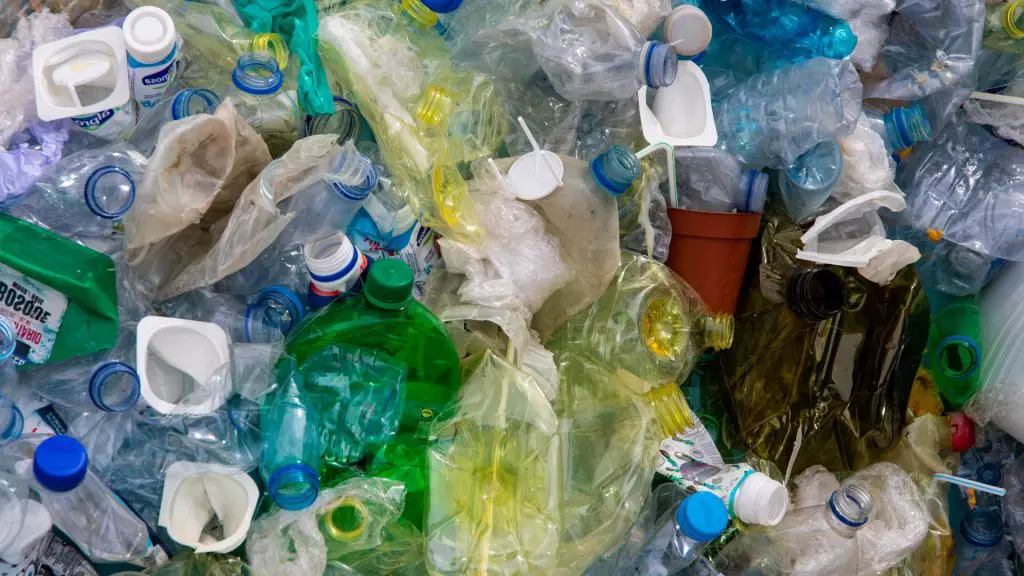
Reusing water bottles is becoming increasingly popular as more people strive to become eco-friendly by reducing plastic waste. While it’s great for the environment, reusing water bottles can also come with risks that could lead to health problems if not done correctly. Here are a few safety tips to remember to stay safe while reusing your bottle.
It’s essential to clean your bottle regularly and thoroughly for it to stay sanitary. After each use, rinse it out with hot soapy water and let it dry completely before using it again. You should also avoid using abrasive materials such as steel wool or scouring pads when cleaning, as they can leave scratches on the surface, which may harbor bacteria over time.
Alternatives to Reusing Bottles
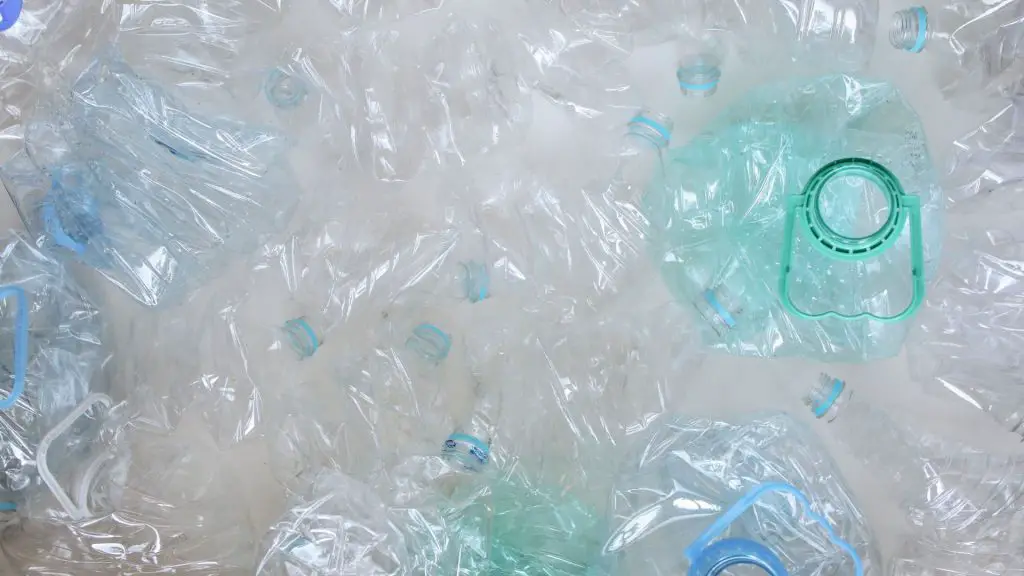
In this day and age, reducing our carbon footprint is becoming increasingly important. One of the most significant contributors to plastic waste is single-use water bottles. Is reusing these bottles a safe alternative? We will explore the risks associated with reusing one-time-use water bottles and provide some other options for those looking to reduce their environmental impact.
Reusing a plastic bottle does not guarantee that it is safe for drinking. In fact, there are many potential dangers, such as chemical leaching or bacterial growth, when plastics are reused multiple times over extended periods. This can lead to potentially dangerous contaminants entering your water supply if the bottle isn’t adequately washed out between uses. For those looking for an eco-friendly alternative, consider using glass or metal containers instead of plastic ones that can be used repeatedly without posing any risk to your health or safety.
Conclusion
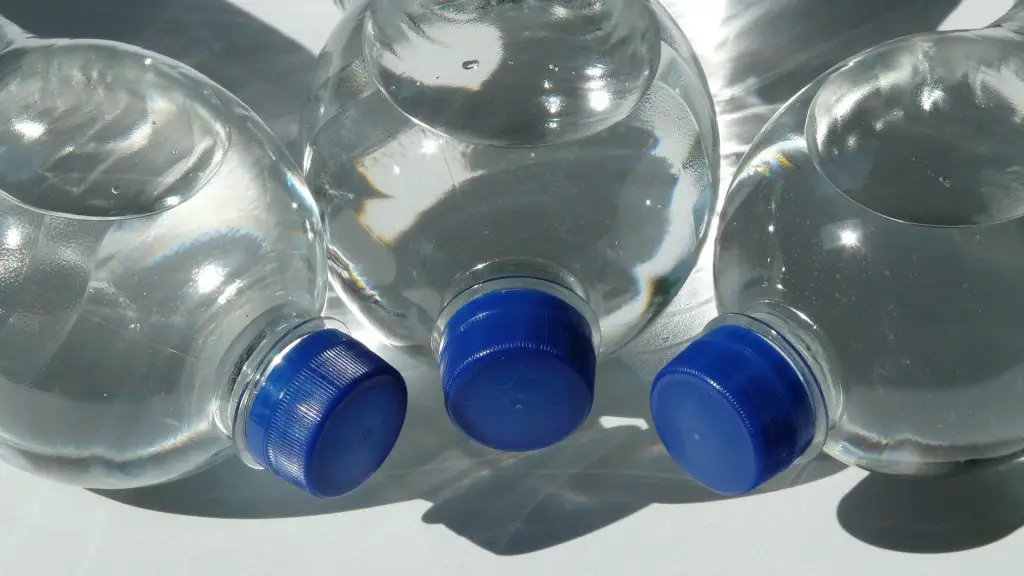
The dangers of reusing water bottles are becoming more and more relevant due to the increasing popularity of refillable containers. Reusing water bottles can lead to an accumulation of bacteria that can cause health issues such as diarrhea, abdominal cramps, and nausea. Therefore, it is essential to understand the consequences of reusing a bottle before doing so.
The most effective way to avoid any potential health risks is by changing out your water bottle every day or two and regularly washing them with soap and hot water between uses. Additionally, always inspect the bottle for signs of wear and tear before using it again, as this can increase the risk of contamination. By understanding these dangers and taking precautions when reusing your bottles, you can ensure that you stay safe while enjoying your favorite drinks on the go!
